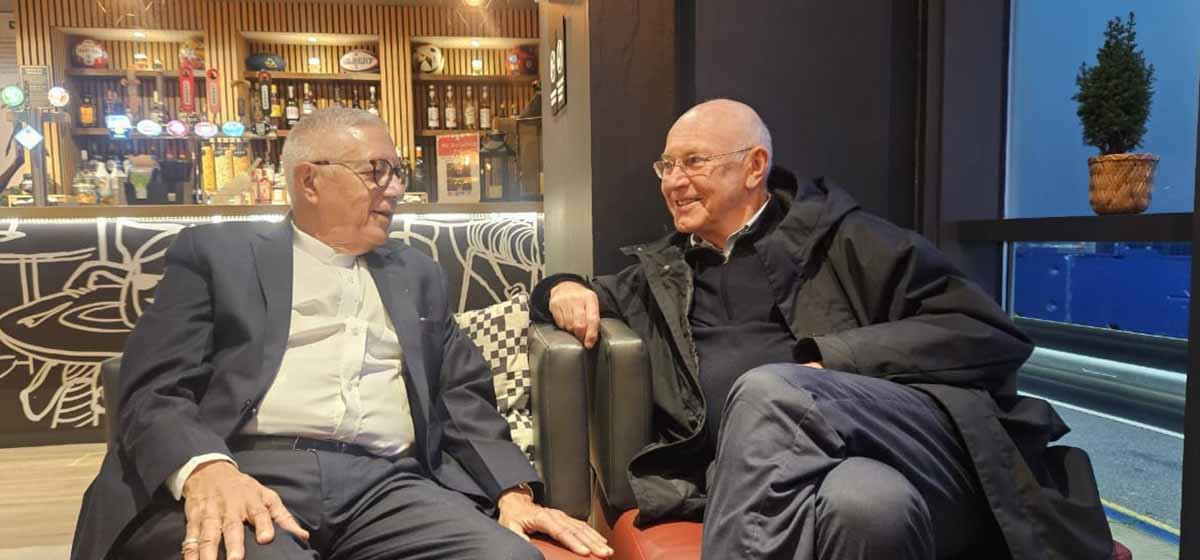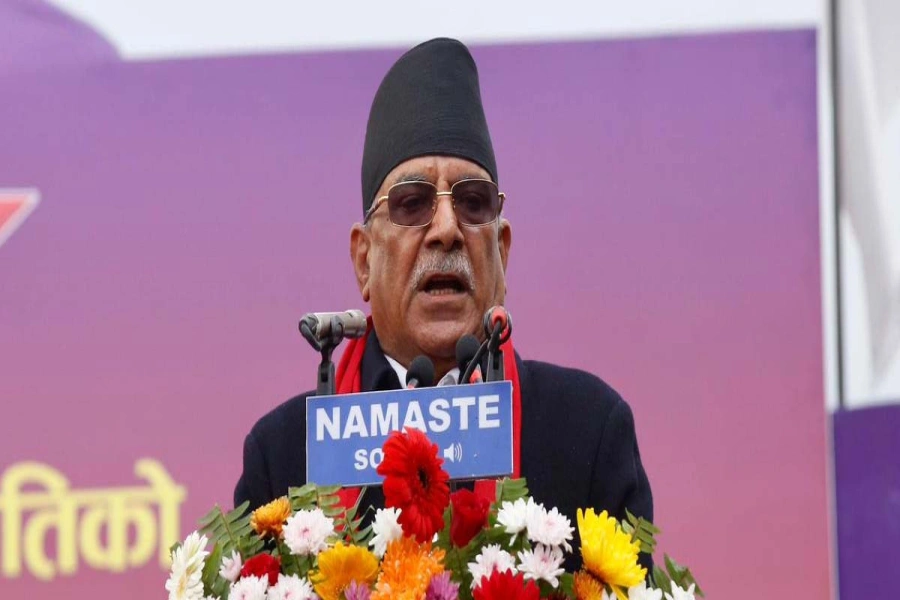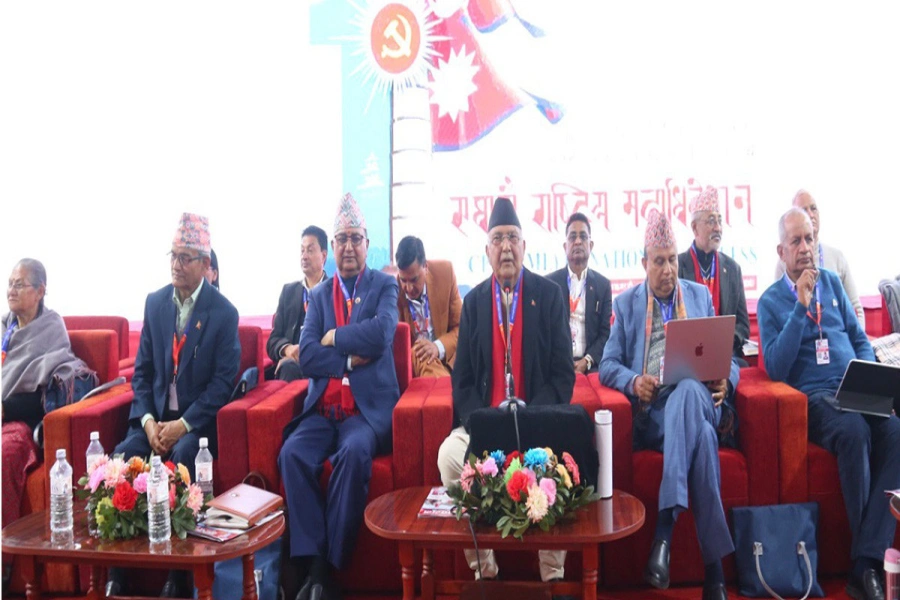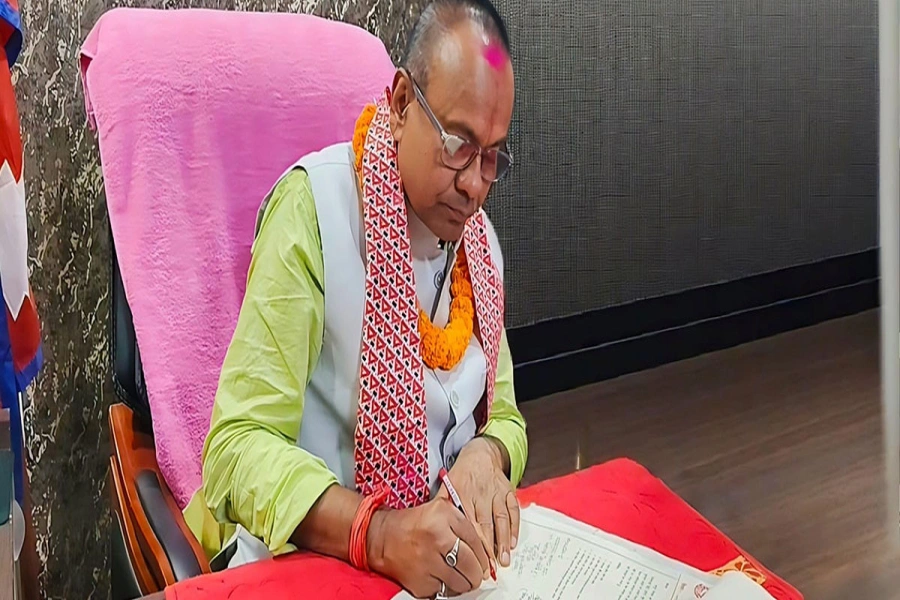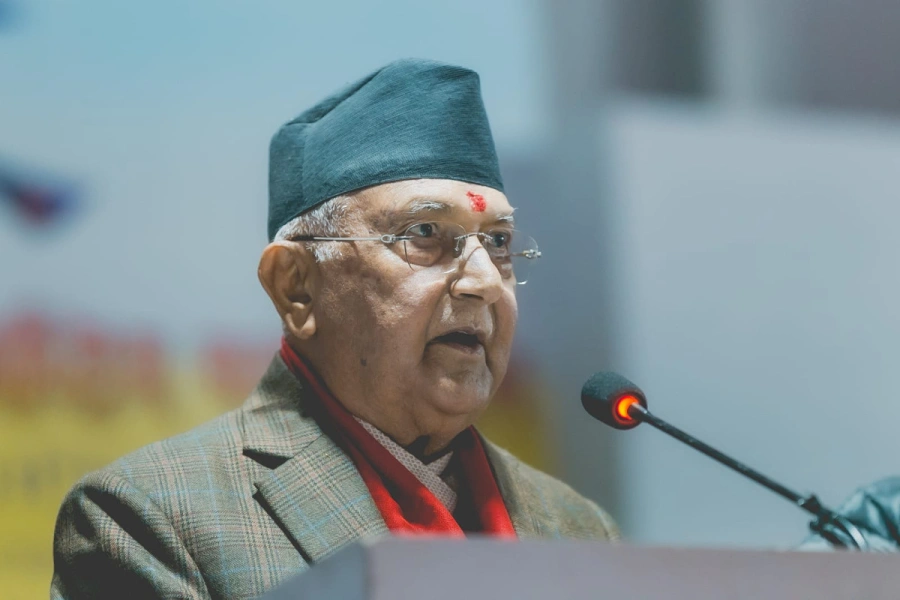KATHMANDU, Jan 9: With the downsizing of the United Nations Mission in Nepal from January 23, Special Representative of the Secretary General, Ian Martin, will be leaving his position as chief of the special mission here, a UN official told myrepublica.com. [break]
The reduced UNMIN will now be headed by Representative of the Secretary General, said a report presented to the UN Security Council by Secretary General Ban ki-Moon in New York Thursday. The report would be released in the UN headquarters in New York, Friday.
The peace process in Nepal remains a fragile one, with critical agreements on the reintegration of former Maoist combatants still lacking, and will continue to need United Nations assistance, Ban told the UN Security Council while proposing another six-month extension of the UNMIN from January 23, though at a slightly reduced capacity.
The Secretary General who visited Nepal in October last year, expresses his disappointment at having to “report so little progress regarding the issues most relevant to the mandate of UNMIN.
“It is particularly regrettable that the political parties have to date failed to reach agreement regarding the special committee to supervise, integrate and rehabilitate the Maoist army personnel so that it can begin its important work,” he said.
“That is one important indication of the wider tensions among the political parties, which could imperil the completion of the peace process and the drafting of the Constitution,” he added.
The Secretary-General said that he and his Special Representative for Nepal, Martin, have repeatedly drawn attention to the fact that an exit strategy for UNMIN requires decisions regarding the future of those in the Maoist army cantonments and have urged that that issue be addressed through the agreed process – the Army Integration Special Committee.
Four major parties – Communist Party of Nepal (Maoist), Nepali Congress, Communist Party of Nepal (Unified Marxist-Leninist) and Madhesi People´s Rights Forum – will be represented in the committee with prime minister as its co-coordinator, Nepal government decided Wednesday.
“It is clear that the United Nations, if it is not to risk jeopardizing the peace process, cannot immediately terminate the support it has been providing through UNMIN as requested by the Government of Nepal,” said the Secretary-General.
“But neither can the United Nations be expected to maintain indefinitely the monitoring of arms and armed personnel while the process for deciding the future of the former combatants is further delayed,” he wrote in his report.
Ban proposed that the number of arms monitors contributed by Member States should be retained at the strength of 73, authorized when UNMIN was downsized in July 2008, but that most of the 18 remaining civilian posts which have been filled by retired military officers should be abolished on January 23.
In addition, the Mission’s Political Affairs Office will be further reduced, and a number of other substantive posts eliminated, achieving a reduction of one third in substantive posts. The support services will also be substantially reduced and remaining functions increasingly performed by national staff; international support posts will be approximately halved.
NC leader Koirala and then UNMIN Chief Ian Martin hold meeting
